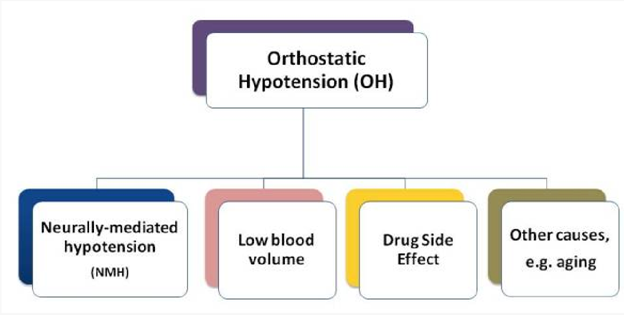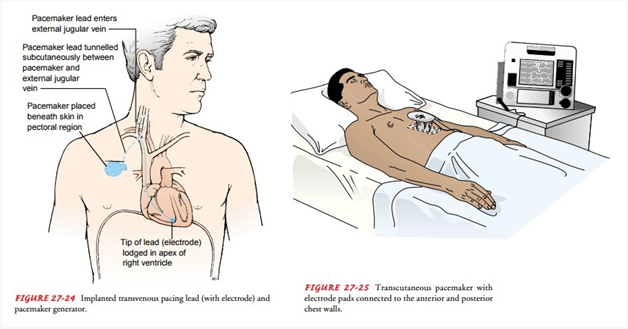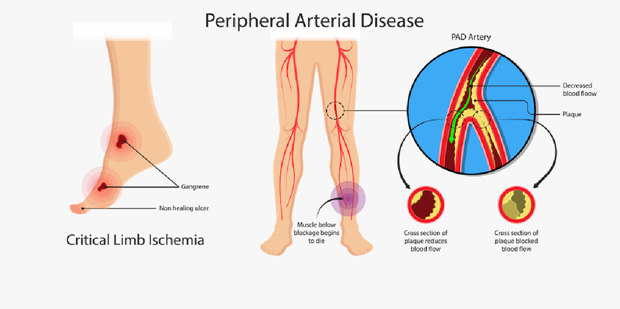The nurse is caring for a client with hypertension who is on alpha blockers. The nurse is concerned about postural hypotension. Which information should the nurse include in the teaching plan?
Change positions slowly
Check blood pressure every day for signs of rebound hypertension
Do not become dependent on canes, walkers, or handrails.
Eat plenty of salty food to prevent hypotension
The Correct Answer is A
The information that the nurse should include in the teaching plan for a client with hypertension who is on alpha blockers and at risk for postural hypotension is: Change positions slowly.
Alpha blockers are a class of medications commonly prescribed for hypertension. One potential side effect of alpha blockers is postural hypotension, which is a sudden drop in blood pressure when changing positions, such as from sitting to standing. To minimize the risk of postural hypotension, it is important for the client to change positions slowly. The nurse should advise the client to take their time when transitioning from lying down, sitting, or standing, allowing their body to adjust and stabilize their blood pressure.

The other options are not appropriate or helpful in managing postural hypotension:
Check blood pressure every day for signs of rebound hypertension: Rebound hypertension refers to a sudden increase in blood pressure that can occur when discontinuing certain antihypertensive medications. It is not directly related to postural hypotension. Regular blood pressure monitoring is important for managing hypertension, but it is not specifically related to postural hypotension or alpha blockers.
Do not become dependent on canes, walkers, or handrails: Assistive devices like canes, walkers, or handrails can provide support and stability for individuals who experience balance issues or are at risk of falls. It is not necessary to discourage their use unless there are specific contraindications or safety concerns.
Eat plenty of salty food to prevent hypotension: Increasing salt intake is generally not recommended for individuals with hypertension or those at risk of postural hypotension. A high-sodium diet can contribute to elevated blood pressure and is generally discouraged. The nurse should instead encourage a balanced diet that includes appropriate sodium intake based on the client's healthcare provider's recommendations.
Nursing Test Bank
Naxlex Comprehensive Predictor Exams
Related Questions
Correct Answer is D
Explanation
Sinus bradycardia with a heart rate of 32 beats/min and accompanying hypotension and symptoms of feeling faint indicates significant hemodynamic compromise. In such cases, the first-line intervention is to provide external cardiac pacing through transcutaneous pacemaker (TCP) pads. TCP can help increase the heart rate and improve cardiac output by delivering electrical impulses to the heart.
Administering the scheduled dose of diltiazem (Cardizem), a calcium channel blocker, is not appropriate in this situation. Diltiazem can further lower the heart rate and blood pressure, exacerbating the client's symptoms and potentially leading to adverse effects.
Repositioning the patient on the left side or having the patient perform the Valsalva maneuver are not effective interventions for treating sinus bradycardia with hemodynamic compromise. These actions may be used in specific situations, but in this case, the client requires immediate intervention to address the low heart rate and blood pressure.

Correct Answer is C
Explanation
"I will use a heating pad on my feet at night to increase the circulation.": Using a heating pad on the feet at night is not recommended for clients with peripheral artery disease. The application of heat, such as from a heating pad, can dilate blood vessels and potentially worsen the symptoms of peripheral artery disease. This can lead to reduced blood flow to the affected limbs and increase the risk of complications.

The other client statements demonstrate an understanding of peripheral artery disease management:
"I will avoid long periods of sitting down with my legs crossed over." This statement shows awareness of the importance of maintaining good blood flow and avoiding positions that can restrict circulation.
"I will walk to the point of pain, rest, and walk again for at least 30 minutes." This statement indicates an understanding of the concept of intermittent claudication, a common symptom of peripheral artery disease. Walking until pain occurs, resting, and then resuming walking helps improve circulation and increases walking distance over time.
"I will buy some loose clothes that do not bind across my legs or waist." This statement reflects an awareness of the need to wear loose-fitting clothes that do not constrict blood flow to the legs or waist area.
Whether you are a student looking to ace your exams or a practicing nurse seeking to enhance your expertise , our nursing education contents will empower you with the confidence and competence to make a difference in the lives of patients and become a respected leader in the healthcare field.
Visit Naxlex, invest in your future and unlock endless possibilities with our unparalleled nursing education contents today
Report Wrong Answer on the Current Question
Do you disagree with the answer? If yes, what is your expected answer? Explain.
Kindly be descriptive with the issue you are facing.
